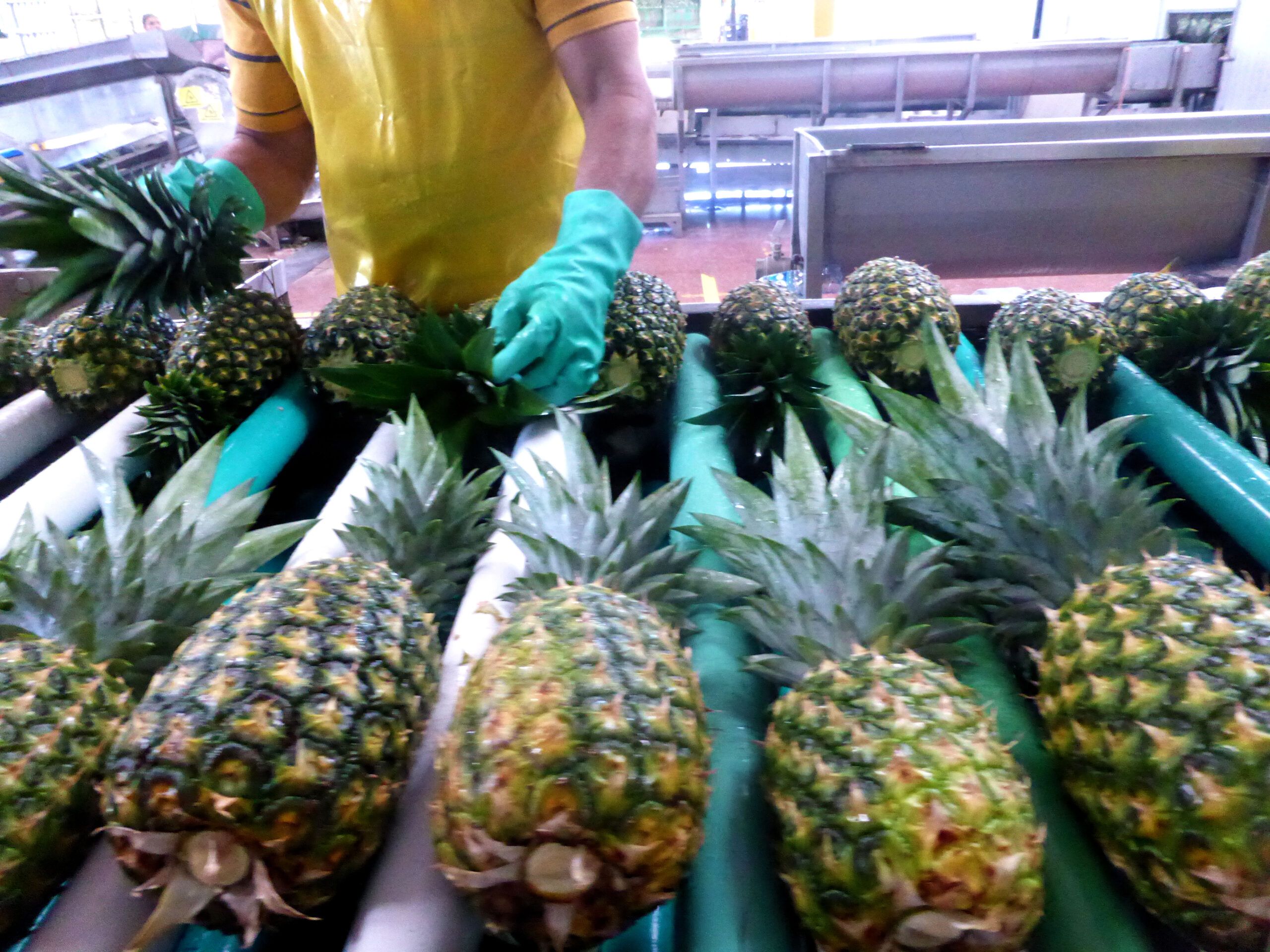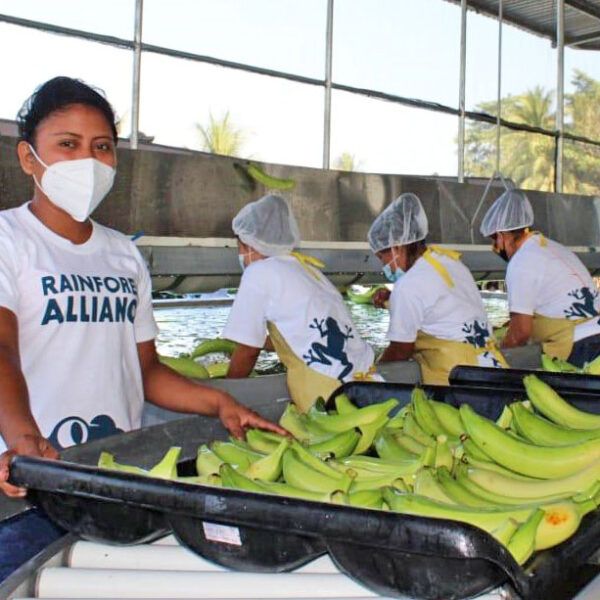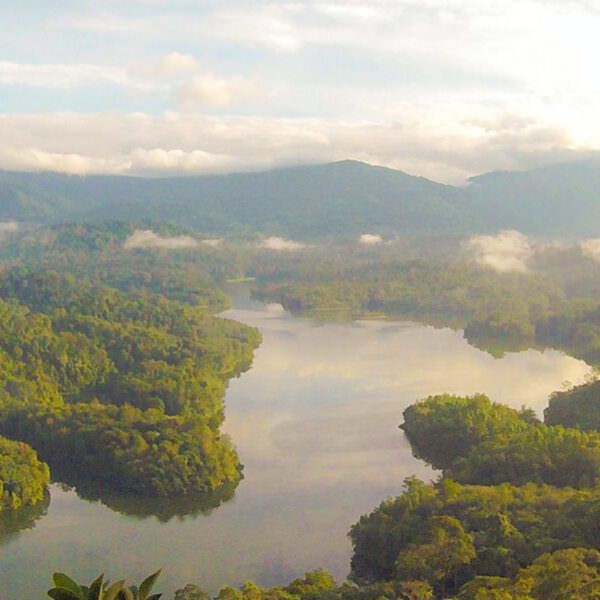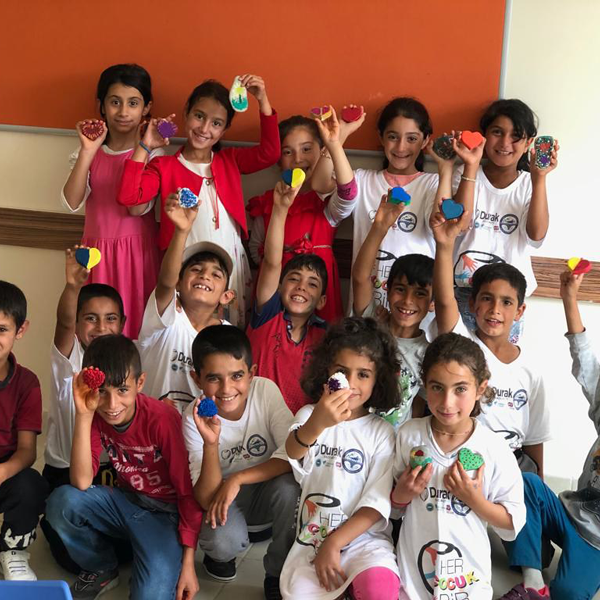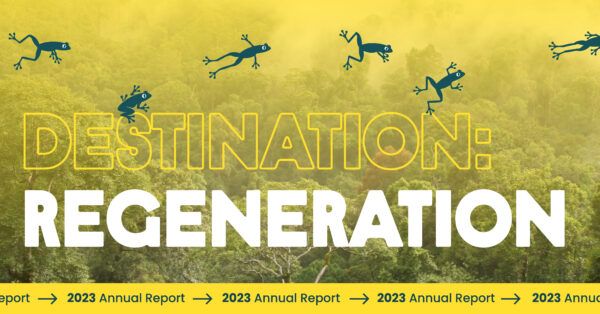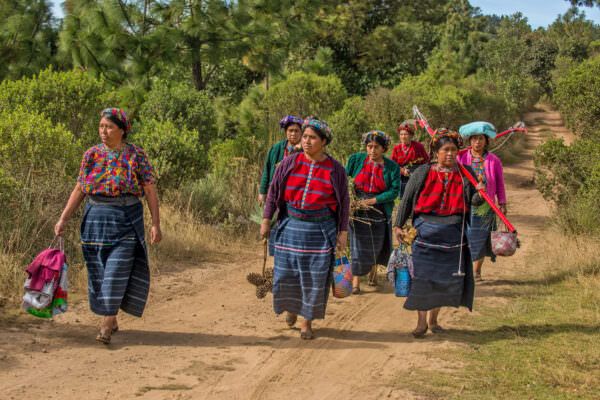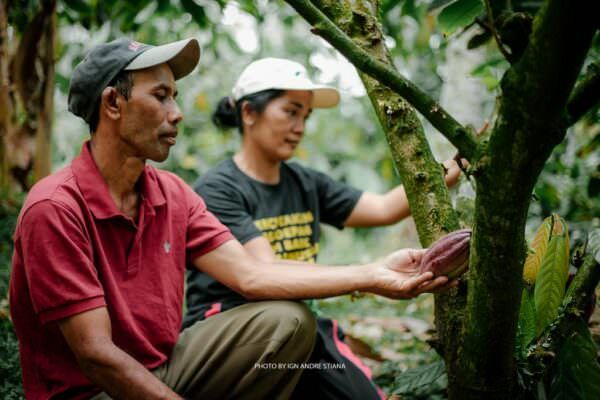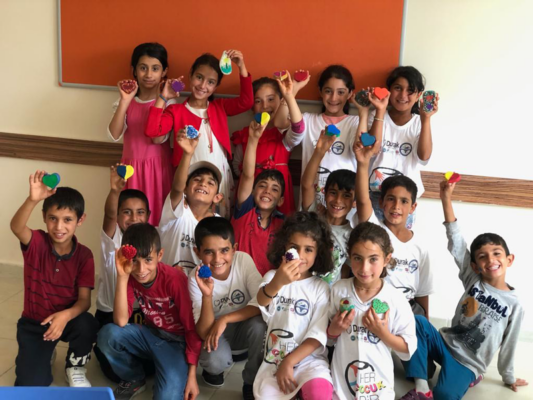Project Profile: Improving Livelihoods of Farmers and Workers Across the Fruit Sector in Latin America
This project will provide training and engagement to at least 37,093 workers in the avocado and berry (strawberry and raspberry) sectors in Mexico and the banana and pineapple sectors in Costa Rica.
